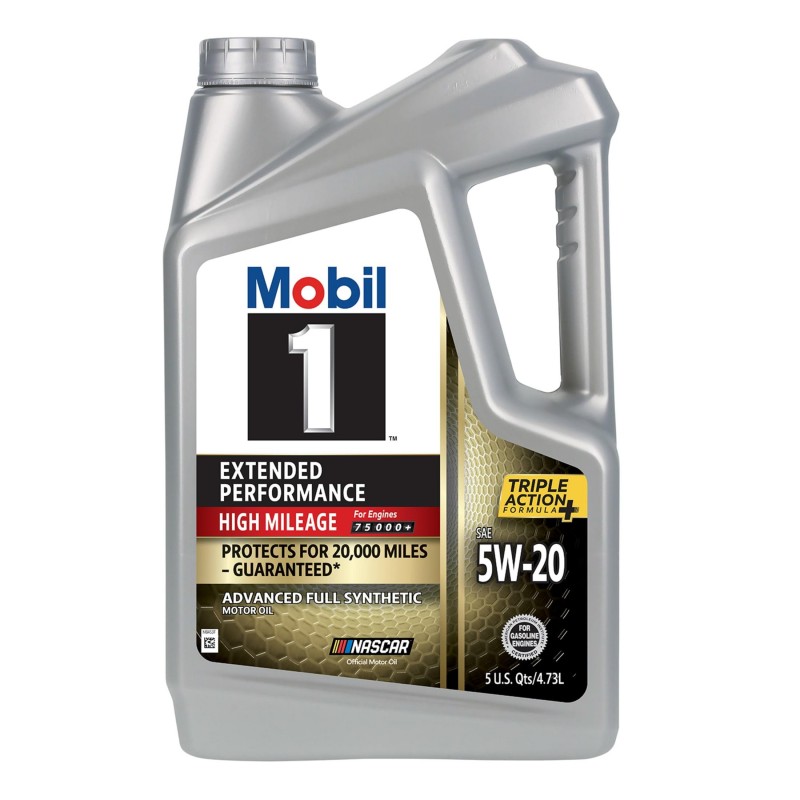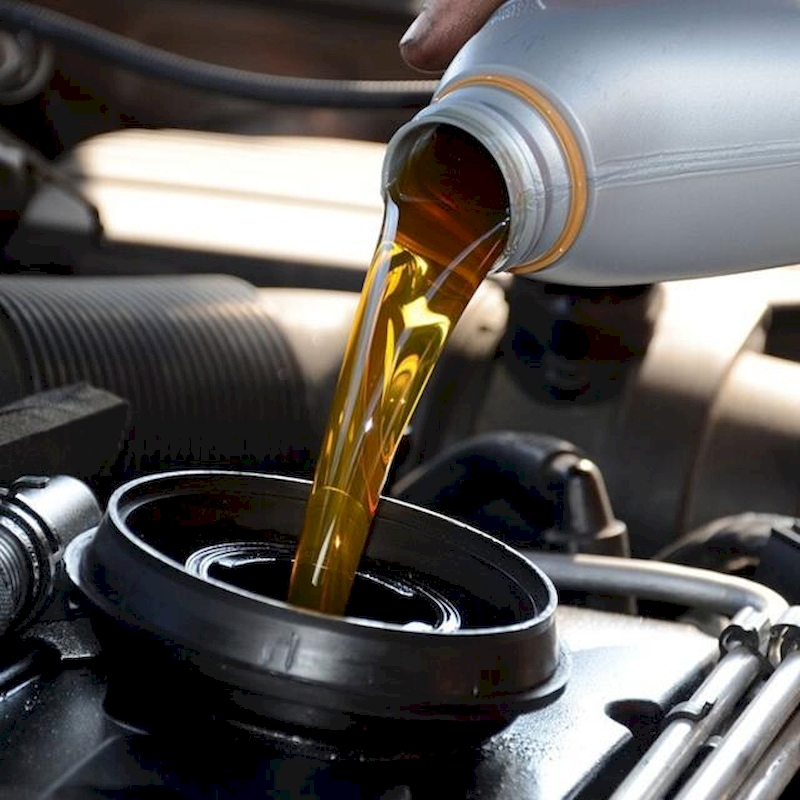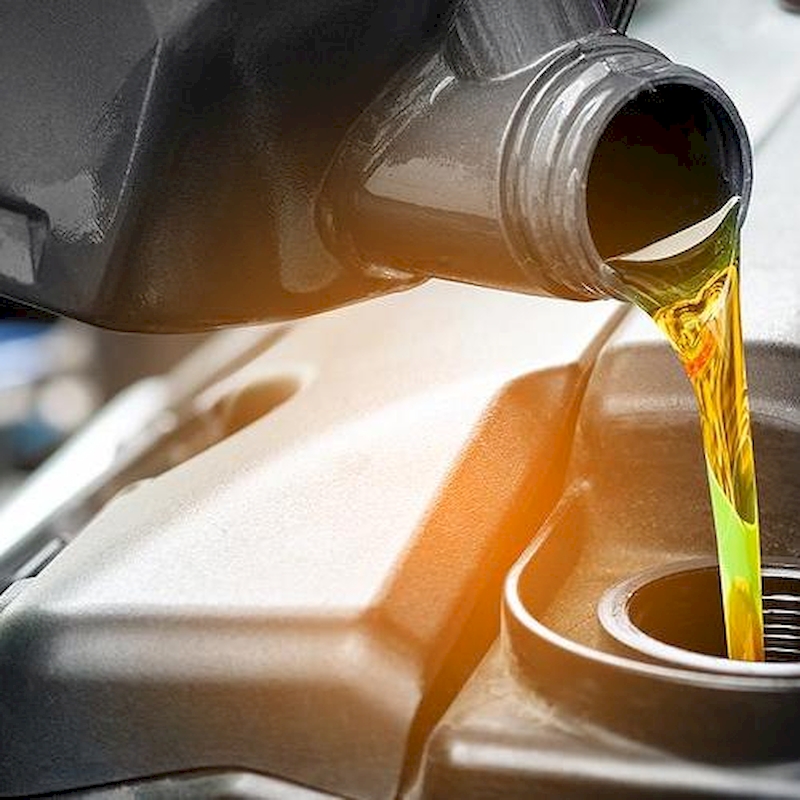Maintaining proper engine oil levels is a fundamental aspect of vehicle care that can significantly impact your car’s performance and longevity. Engine oil serves multiple vital functions, including lubricating engine components, reducing friction, and preventing overheating. Therefore, when drivers wonder what will happen if engine oil is low, they should recognize the potential hazards that can arise from neglecting this critical maintenance task. Low engine oil can lead to severe damage, resulting in costly repairs and even compromising vehicle safety. In this comprehensive article, we will explore the various consequences of low engine oil, signs to look for, preventive measures, and recommended practices for managing your engine’s oil levels. By the end, you will have a thorough understanding of the implications of low engine oil and how to protect your vehicle’s health.
The Role of Engine Oil
Before delving into what happens if engine oil is low, it’s essential to understand the fundamental role of engine oil in your vehicle.
Lubrication
One of the primary functions of engine oil is to lubricate the moving parts within the engine. Without adequate lubrication, metal components will grind against each other, creating friction that leads to excessive wear. This wear can result in costly repairs and potentially lead to engine failure.
Cooling
Engine oil also plays a vital role in dissipating heat. During operation, an engine generates a substantial amount of heat. Oil circulates through the engine, absorbing heat and carrying it away from critical areas. If oil levels are low, the engine may not cool properly, increasing the risk of overheating.
Cleaning
As oil circulates, it collects impurities and contaminants that can accumulate over time. Engine oil contains detergents that help keep engine parts clean by breaking down sludge and deposits. Low oil levels reduce the oil’s cleaning ability, increasing the likelihood of engine damage.
Sealing
Engine oil forms a seal between moving parts, preventing oil leaks and maintaining proper compression. Low oil levels can compromise this sealing action, causing efficiency issues and contributing to oil leaks.
Consequences of Low Engine Oil
Now that we understand the essential functions of engine oil, let’s explore the various consequences that arise when oil levels are low.
Engine Wear and Tear
When engine oil levels drop, components within the engine are subjected to greater friction. This increased friction leads to premature wear and tear on engine parts, including the crankshaft, camshaft, and piston rings. Over time, this wear can manifest in reduced engine performance and efficiency.
Overheating
As previously mentioned, engine oil plays a crucial role in cooling the engine. When oil levels are low, the cooling capacity diminishes, leading to excessive heat buildup within the engine. Overheating can result in warped cylinder heads, damaged gaskets, and, in extreme cases, catastrophic engine failure.
Oil Sludge Build-Up
Low oil levels can hinder the oil’s ability to clean the engine effectively. When debris and contaminants are not removed, they can form sludge, which can clog filters and passages. Oil sludge restricts oil flow, exacerbating wear and increasing the likelihood of engine damage.
Reduced Performance
Drivers may notice a decline in engine performance when oil is low. Symptoms may include sluggish acceleration, decreased power, and a rough-running engine. As internal components struggle to operate efficiently without proper lubrication, the overall performance of the vehicle declines.
Engine Seizure
One of the most severe consequences of low engine oil is engine seizure. If the oil level drops significantly, critical components can become so badly harmed that they heat up and literally “stick” together. An engine that has seized will often require extensive repairs or total replacement.
Increased Emissions
When engine oil levels are low, the combustion process can become inefficient, leading to increased emissions. Vehicles may produce more harmful emissions, which can contribute to air pollution and violate environmental regulations.
Costly Repairs
Ultimately, the consequences of low engine oil can result in costly repairs. Fixing issues such as engine wear, overheating, or sludge removal can incur significant expenses. In more severe cases, complete engine replacement can be necessary, resulting in even greater damage to your finances.
Symptoms of Low Engine Oil
Identifying low engine oil before it leads to severe problems is crucial. Here are some common symptoms to look for:
Warning Lights
Most modern vehicles have dashboard warning lights that indicate low oil pressure. If the oil pressure light activates, it’s a clear signal that the engine oil may be low or there may be an oil pressure issue that requires immediate attention.
Engine Noise
Unusual engine noises—such as knocking, tapping, or grinding—can indicate low oil levels. If lubrication is insufficient, metal components may collide, resulting in elevated noise levels that weren’t present before.
Burning Smell
If you notice a burning smell while driving, it could signal that engine oil is burning due to insufficient lubrication. Hot engine parts may come into contact with oil, leading to overheating and producing a burnt odor.
Oil Spots or Puddles
If you observe oil spots or puddles under your vehicle, it may indicate an oil leak. Low oil levels can lead to increased pressure on the seals, causing them to weaken and allowing oil to escape.
Frequent Oil Consumption
If you find yourself having to frequently add oil to your engine, it could be a sign of an underlying issue. Excessive oil consumption can indicate leaks or burn issues that need to be addressed.
Checking Engine Oil Levels
To ensure your engine oil is at the correct level, it’s vital to perform regular checks. Follow these steps to check your oil levels accurately:
Step 1: Park on Level Ground
To ensure an accurate reading, park your vehicle on level ground. This positioning helps the oil settle in the oil pan.
Step 2: Allow the Engine to Cool
If you have just driven the vehicle, allow the engine to cool for a few minutes before checking the oil level. Hot oil can be dangerous and may give an inaccurate reading.
Step 3: Locate the Dipstick
Open the hood and locate the dipstick. This is typically marked with a bright color or labeled for easy identification.
Step 4: Remove the Dipstick
Pull the dipstick out of its tube and wipe it clean with a lint-free cloth or paper towel. This action removes any residue that might give you an incorrect reading.
Step 5: Reinsert and Check
Reinsert the dipstick back into its tube, then pull it out again to check the oil level. There are markings indicating the ideal oil level on the dipstick, usually labeled “Full” and “Low.”
Step 6: Add Oil if Necessary
If the oil level is below the minimum mark, it’s time to add oil. Use the type specified in your owner’s manual. Add oil gradually, checking frequently to avoid overfilling.
Preventing Low Engine Oil Levels
Taking preventive measures is essential to ensure your engine remains well-lubricated and functional. Here are some tips to help you maintain proper oil levels:
Regular Oil Changes
Changing your engine oil as per the manufacturer’s recommendations is crucial. Regular oil changes help remove old, contaminated oil and replenish it with fresh oil, ensuring that your engine remains well-lubricated.
Monitor Oil Levels
Develop a habit of checking your oil levels regularly. Aim to inspect your oil at least once a month or before longer trips. Keeping tabs on oil levels can help you catch potential issues early.
Address Leaks Promptly
If you notice oil spots on the ground where you park, investigate for leaks immediately. Address any leaks promptly to avoid repercussions from low oil levels.
Be Mindful of Engine Condition
If your car is older or has high mileage, keep an eye on its overall condition. As engines age, they can develop issues that lead to increased oil consumption. Consulting a professional mechanic can help diagnose any concerns.
Use Quality Oil
Investing in high-quality engine oil can pay off in the long run. Quality oils often contain additives that can help reduce wear, sludge buildup, and improve overall engine performance.
What to Do If Engine Oil Is Low
What will happen if engine oil is low? If you find that your engine oil is low, it’s essential to act quickly. Here are the steps you should take immediately:
Stop Driving
What will happen if engine oil is low? If you realize that your engine oil level is low while driving, pull over as soon as it is safe to do so. Continuing to drive can lead to severe engine damage, increasing repair costs and compromising safety.
Check for Leaks
Examine the area beneath your vehicle for any signs of leaking oil. If you see oil spots, investigate where they might be coming from, as this could indicate a problem that needs addressing.
Add Oil
Once you’ve stopped the vehicle, add oil as needed. Use the same type and grade of oil recommended in your owner’s manual for the best results.
Monitor Performance
After adding oil, keep a close eye on engine performance. If you notice any unusual noises, warning lights, or continued oil pressure issues, have your vehicle inspected by a qualified mechanic.
Schedule a Professional Inspection
What will happen if engine oil is low? If your vehicle requires frequent oil top-ups or if the issue persists after adding oil, schedule a professional inspection. A mechanic can identify underlying issues contributing to low oil levels and recommend appropriate repairs.
Conclusion
What will happen if engine oil is low? Understanding what will happen if engine oil is low is crucial for every vehicle owner. Engine oil plays a critical role in lubrication, cooling, and overall engine health. Low oil levels can lead to severe consequences, including engine wear, overheating, and, in worst cases, engine failure. Consequently, performing regular checks, promptly addressing issues, and maintaining optimal oil levels will keep your vehicle running smoothly.
By implementing preventive measures, such as timely oil changes and vigilant monitoring, you can protect your engine from potential damage and prolong its lifespan. Ultimately, the health of your engine depends on your diligence and commitment to maintaining proper oil levels. By staying informed about your vehicle’s needs and taking proactive steps, you can ensure a reliable and enjoyable driving experience for years to come.


